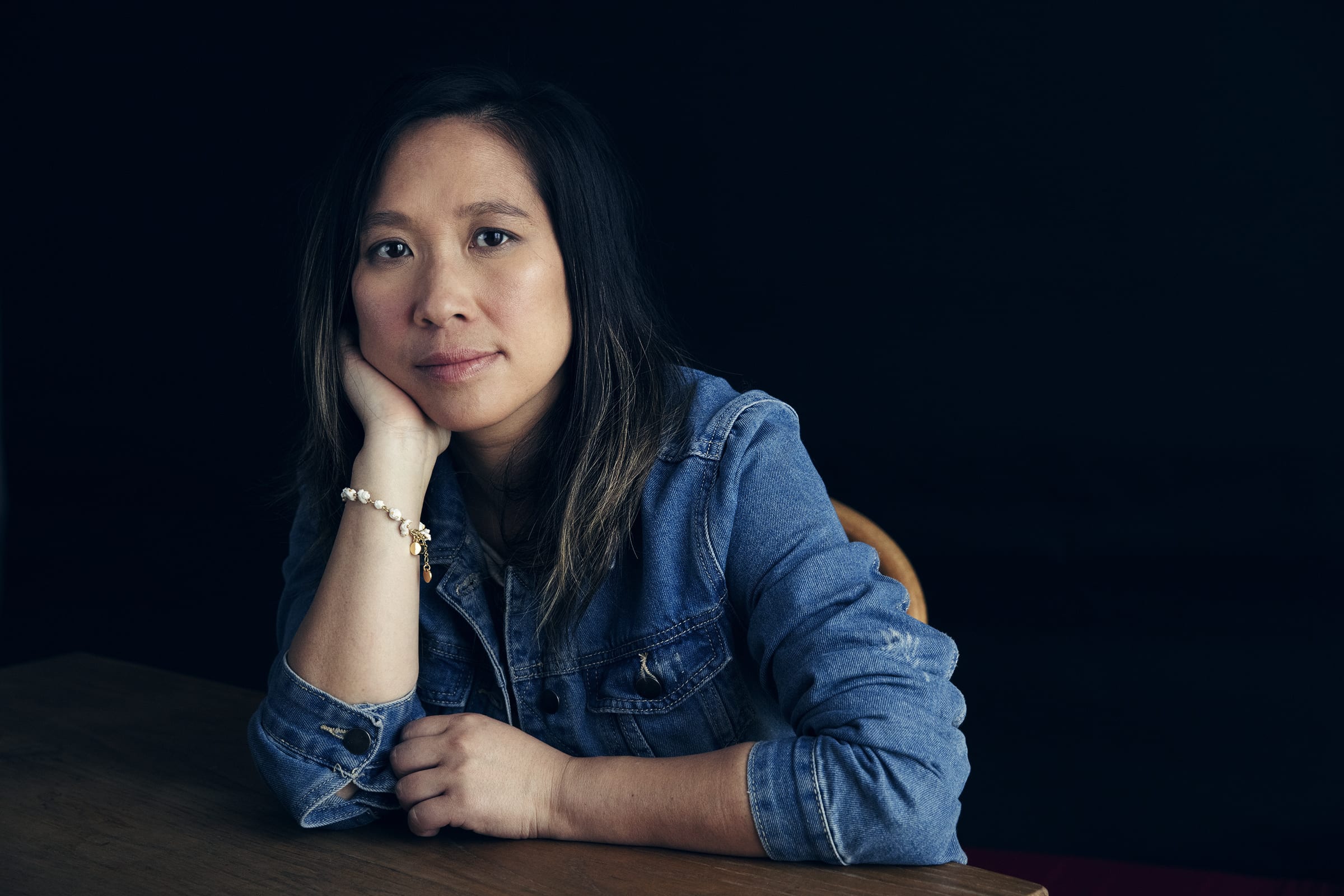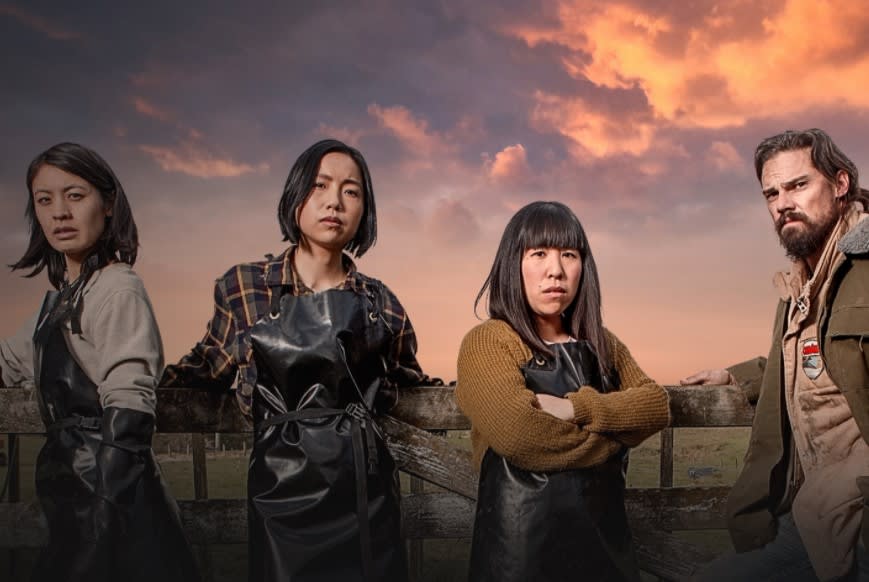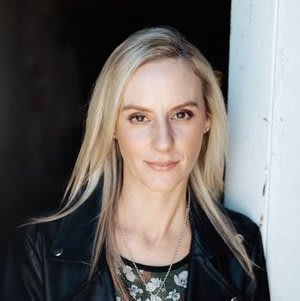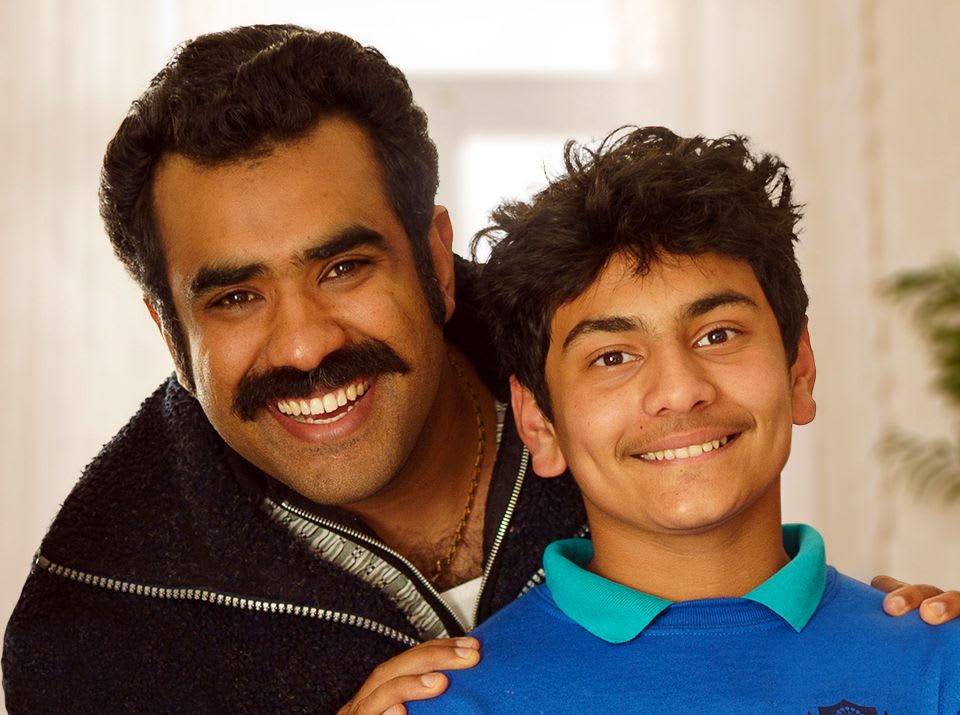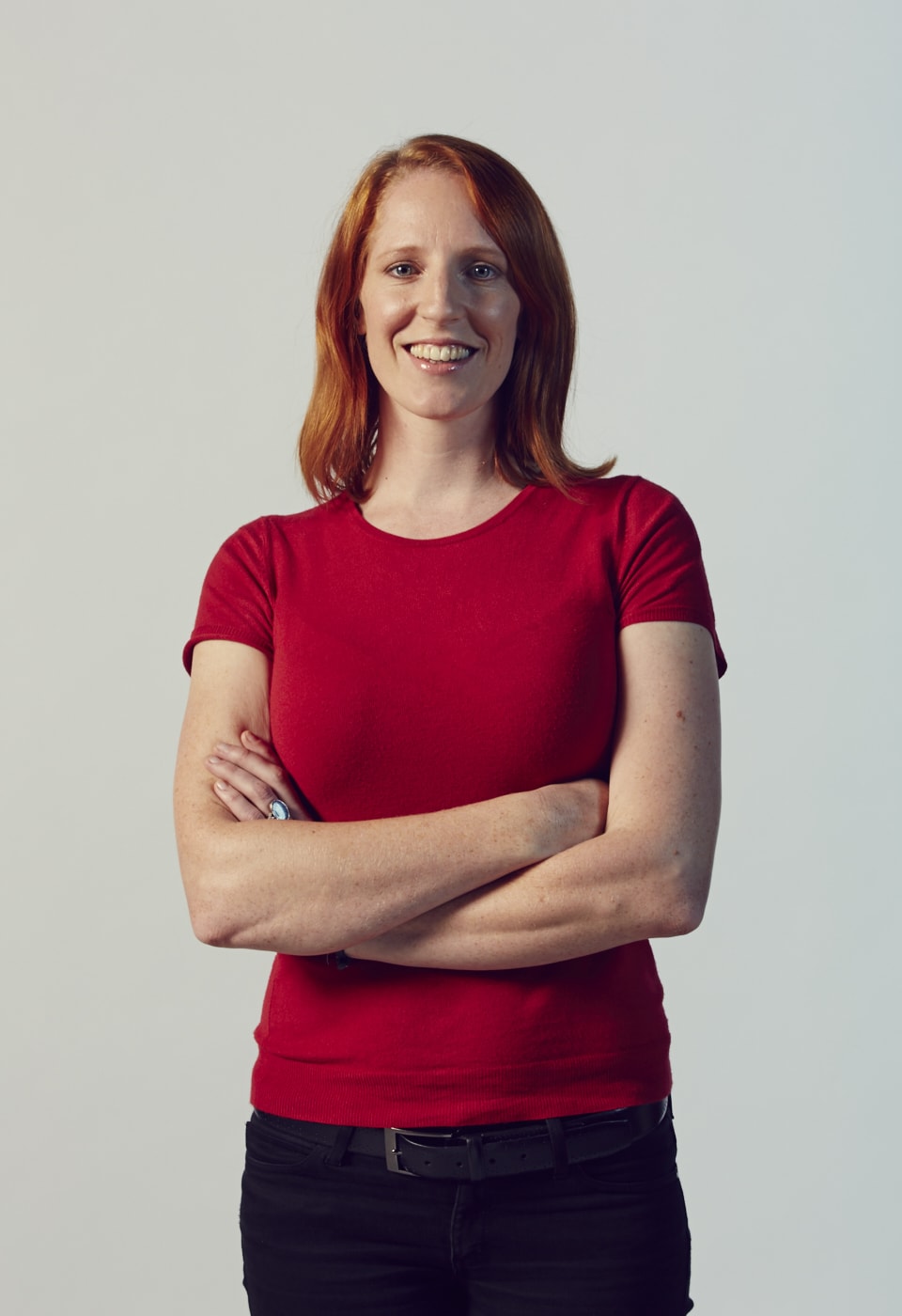The range of comedy, light drama and drama series on TV and streaming services in this country is astonishing right now.
The days of "diversity" meaning "worthy and tucked away somewhere" are long gone. In fact these days being diverse seems to be a competitive edge - here and overseas.
Pax Assadi's sitcom Raised by Refugees is going into its second series. So are Jewish comedy Kid Sister, pre-colonial drama Kairākau, trans dramedy Rūrangi, and the unique scifi/rural/Asian/sitcom mashup Creamerie.
Simon Morris drags Creamerie showrunner Roseanne Liang and producer Bronwynn Bakker from Kevin and Co away from pre-production of the new series to talk about the new diversity, along with NZ On Air's Amie Mills.
"It feels like at the moment it's a bit of a necessity" to tell diverse stories, Mills said.
Creamerie, with its unique combination of apocalyptic science fiction and black comedy, is a strong example of the shift toward opening up new voices.
"It's been a risk, I've got to say, because you just never know if people are going to accept that," Liang said.
Part of the reason for the explosion in new programming is that NZ On Air changed its funding model.
At a drama summit in 2018, "Roseanne stood up and did this rallying cry," Mills said.
"At the time we were funding web series up to $100K max and over here we had television dramas at about $6 million.
"Roseanne stood up and said, 'We can do something in between that and we need to be given the chance to.'"
Under a new middle tier of funding, many new shows were able to fit in, Mills said.
The audience for entertainment is continuing to change dramatically as well.
Instead of people passively taking in what's on the telly, audiences are specifically curating their own watchlists from the flood of peak content.
A lot of that has also involved changing people's perceptions of homegrown New Zealand shows, Liang said.
"I think my provocation at that time was this idea that when people who love television talk about the shows that really get their juices going, we tend to talk about shows that are made not in New Zealand.
"That was really sad to me because I knew that people who work here are really talented.
"At that time I was watching Master of None and Fleabag and Atlanta and these are shows that really push the boundaries of what comedy is, what drama is and I wanted to make that."
Bakker said that in her work as a producer she saw the richness of comic talent in Aotearoa.
"There was always this assumption that New Zealanders couldn't really do comedy. It's just because we weren't able to try it.
"It's a craft, you know ... comedy's hard, the tonal balance is extremely risky. It's so subjective in a show like Creamerie, especially, we're playing with shades of light and dark and it takes a lot of skill to get that right."
The hope is to also see New Zealand shows succeed overseas, such as Wellington Paranormal.
"I think that's always been the dream that we can make our shows for the world and the world will buy into them," Liang said.
"Of course Flight of the Conchords and Taika's (Waititi) work sets the standard."
Liang said she's a fan of shows like The Bear, The Rehearsal and Severance, where there is "a storyteller who's taking your hand and telling the stories the best way. That to me is the aspiration of New Zealand storytelling on screen".
That doesn't mean every programme has to be edgy and challenging, she said.
"We all win when we all prosper. There is room for risk taking and bold storytelling as well as doing a good thing well like with Shortland Street and Brokenwood.
"They're excellent at what they do. They're very, very good and they should continue doing it."
"It's always about finding the voice," Bakker said.
Long hours go into each segment of a television show, Liang said.
"The struggle is real. It's not easy to make these things.
"If you're going to go through the pain it'd better be good, you'd better love it."
